Transitioning to off-campus housing during college is an exciting step towards independence. However, it also involves additional costs and responsibilities. If you plan to handle off-campus housing with student loans, here’s how to do so effectively.
1. Understand the Loan Disbursement Process
Loan Application and Allocation
When you receive student loans, the funds are directed to your school to cover tuition and fees. Any remaining money is then sent to you by direct deposit or check to cover other expenses like off-campus housing.
Timing of Funds
Loan disbursements are generally aligned with the academic calendar, which may not coincide with rental payment schedules. It’s crucial to plan ahead to ensure you have enough funds to cover initial expenses, such as security deposits and the first month’s rent. This may involve using savings or seeking financial support from family.
2. Create a Comprehensive Budget
Calculate Total Expenses
Living off-campus involves more than just paying rent. You’ll need to budget for utilities (water, electricity, gas, internet), groceries, transportation, and furnishings. Having a detailed budget can help you manage these expenses effectively and ensure your student loan covers all necessary costs.
Use School’s Housing Allowance as a Guide
Colleges often provide a housing allowance based on their cost of attendance estimates. Aim to stay within this allowance to avoid over-borrowing and ensure you can manage your finances throughout the year.

3. Plan for the Entire Year
Year-Round Rent Obligations
Many off-campus leases require a 12-month commitment, even if you only need housing for the academic year. Consider subletting your apartment during the summer if allowed by your lease, or budget accordingly to cover summer rent.
Emergency Savings
Maintain an emergency fund to handle unexpected expenses. This can help you avoid financial stress and manage unplanned medical emergencies or travel costs.
4. Be Prudent with Borrowing
Borrow What You Need
Only borrow the amount necessary to cover your living expenses, as loans accrue interest and must be repaid. Carefully calculate your budget to avoid unnecessary debt.
Reduce Expenses
Reduce costs by living with roommates, choosing affordable housing, and being mindful of spending on groceries and utilities. Simple measures like cooking at home and sharing expenses can significantly lower overall costs.
5. Manage Financial Gaps
Part-Time Employment
Consider taking a part-time job to cover any gaps between loan disbursements and rent due dates. This can provide extra income for day-to-day expenses and help you manage your budget more effectively.
Explore Private Loan Options
Private loans can help bridge the gap if federal loans are insufficient. Compare different options carefully, considering interest rates and repayment terms.
6. Prepare for Disbursement Delays
Early Financial Planning
Anticipate possible delays in loan disbursement at the start of the academic year. Ensure you have funds to cover immediate housing costs, potentially using savings, family contributions, or part-time job earnings.
7. Use Loan Refunds Wisely
Pay Housing Costs Promptly
Use your loan refund to pay your landlord and other expenses directly. This will ensure secure housing and avoid late fees or eviction.
Return Unused Funds
If you have leftover loan money at the end of the semester or academic year, consider returning it to your loan servicer. This reduces your total debt and the amount of interest you’ll pay in the future.
Managing off-campus housing with student loans involves careful planning and budgeting. Understand your loan disbursement process, create a comprehensive budget, and plan for the year. Be mindful of the amount you borrow and explore ways to reduce costs. With thoughtful financial management, you can effectively use student loans to cover your housing expenses while minimizing future debt. For more detailed advice and assistance, consult your school’s financial aid office and explore reputable financial advice resources.
More Resources on Off-Campus Housing With Student Loans
Federal Student Aid (FAFSA)
- FAFSA Application
- Information on applying for federal student aid.
Consumer Financial Protection Bureau (CFPB)
- Student Loan Guide
- Tips and resources for managing student loans and financial aid.





